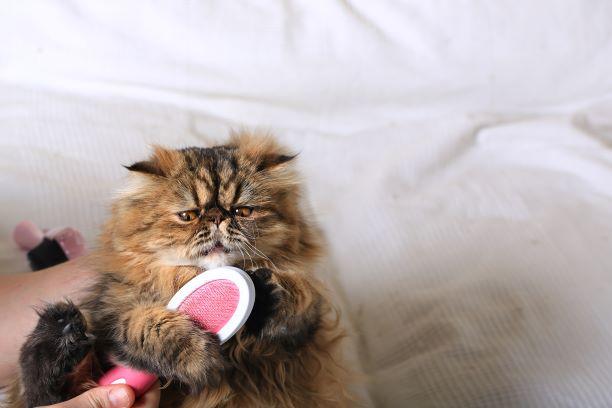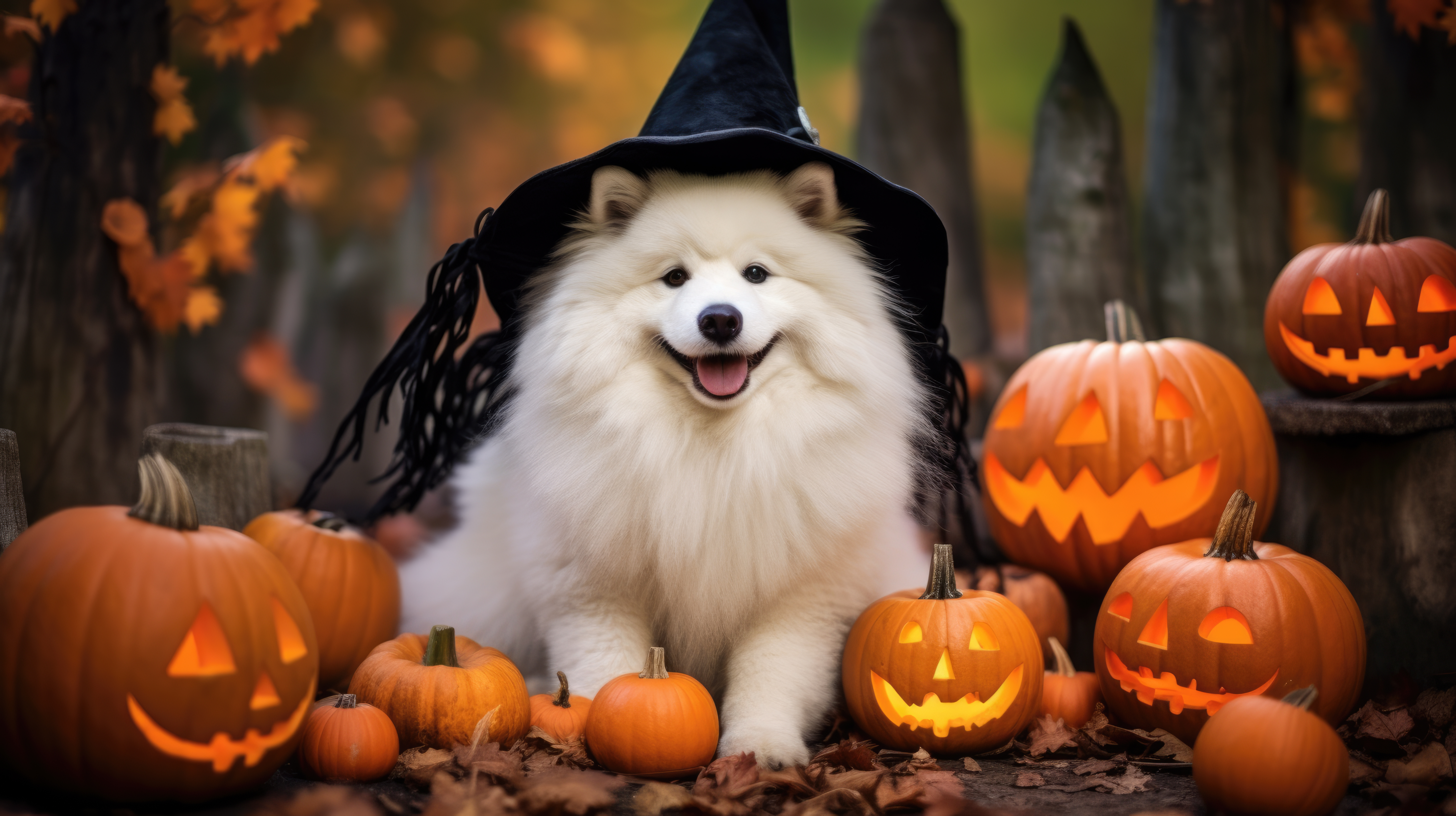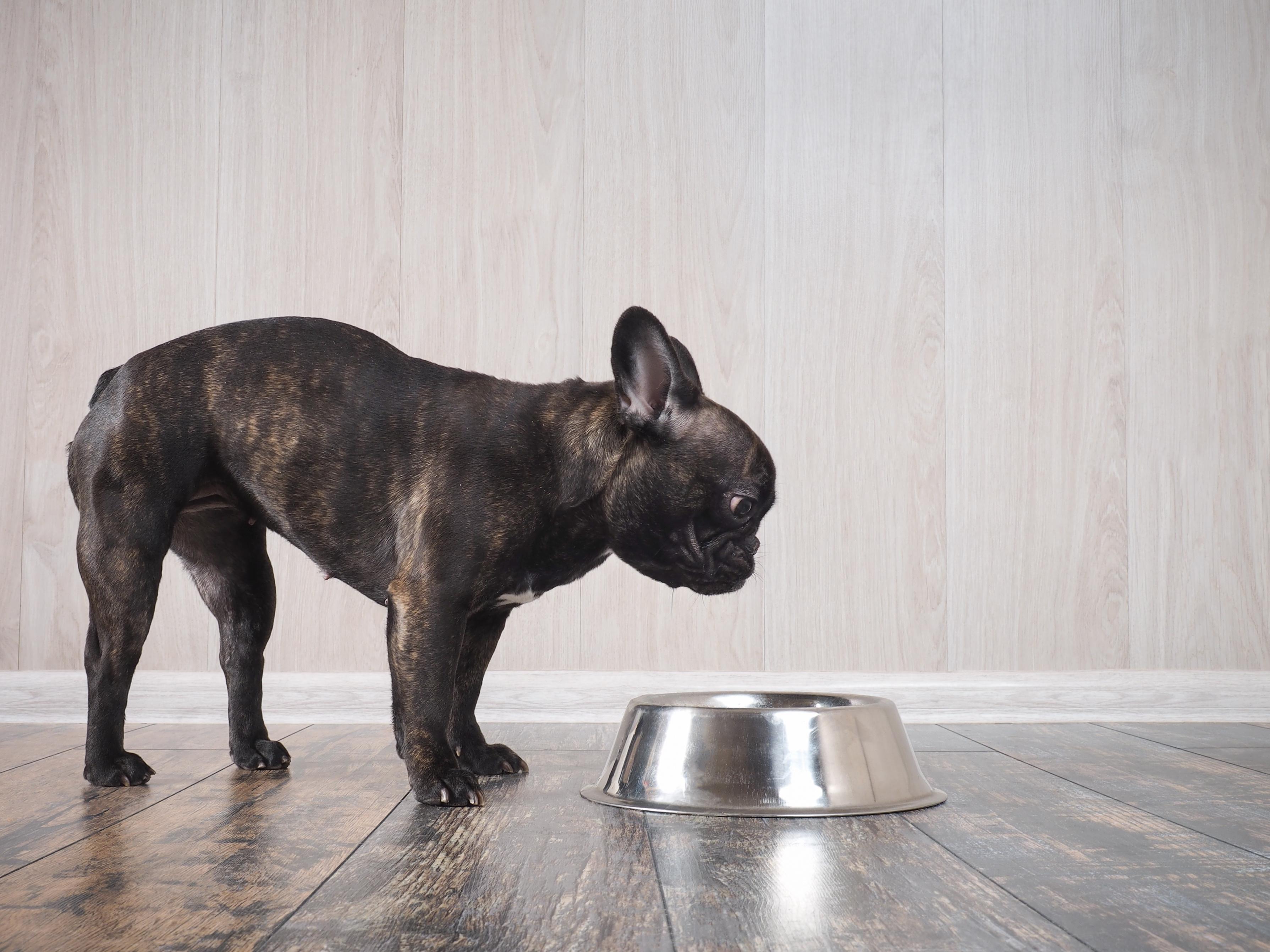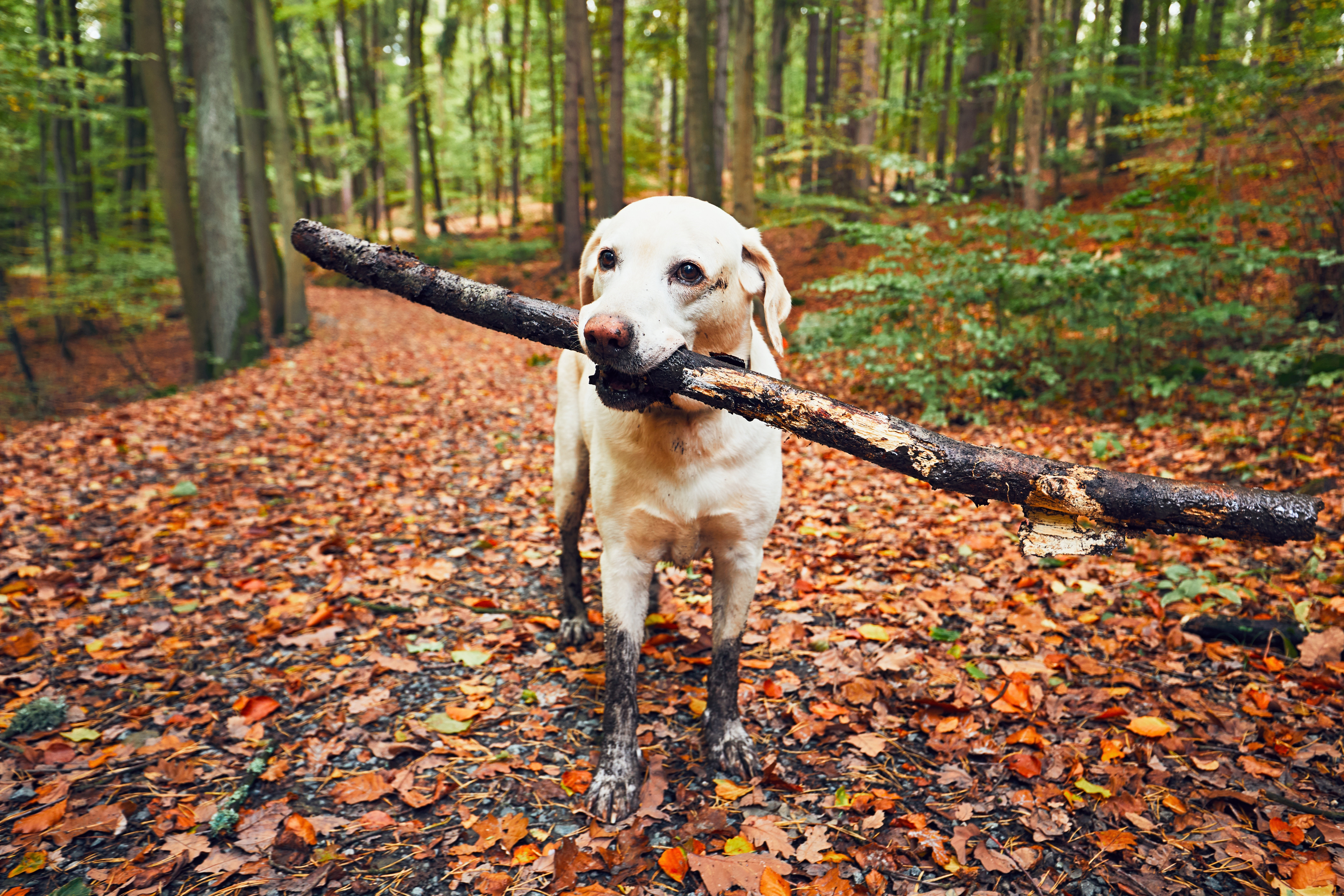The ultimate guide to cat hairballs
Jan 1, 2026 7:27:49 PM

Cats are lovable and beautiful creatures. They have an instinct to groom themselves and, as a result, they can swallow hair. In the vast majority of instances, the cat will pass the ingested hair naturally and harmlessly through their stools or by coughing. More rarely, and most likely from the excessive ingestion of hair, intestinal obstructions may form. Such obstructions can become life-threatening for your cat if not properly managed by a veterinarian.
Here, we will share with you some tips and advice to help you cat manage hairballs, as well as a bit of hairball formation education.
Some cats are more likely to form hairballs than others
Long-haired cat breeds (Maine Coon and Persian, for example) are more prone to develop hairballs because of excessive grooming and hair shedding.
Also, cats with nutritional mineral deficiencies can be susceptible to developing hairballs.
What to look out for
Generally, hairballs (or trichobezoars) are harmless, but keep a watchful eye for these key signs where your regular grooming felines are concerned:
- Unproductive vomiting (gagging, retching or hacking)
- Difficulty in defecating (constipation)
- Loss of appetite and/or lethargy
If your cat exhibits any of the above, contact your vet to discuss your concerns.
How to manage hairball formation
Whilst hairball formation cannot be totally stopped, here a few tips which normally help manage hairball formation.
- Good quality nutrition
Nutrition plays an important role in overall well-being of your cat. High quality, optimally balanced nutrition can reduce the likelihood of hairball formation.
Check that omega-3 fatty acids (alpha-linolenic acid, eicosapentaenoic acid, docosahexaenoic acid) are included in your cat’s diet. Omega-3 is renowned for promoting skin and coat health.
It is also a good idea to give vegetable fibre to your cat because fibre aids digestion and the maintenance of the overall digestive system. There are also many medications which can help in expelling the hairball from your cat’s gastrointestinal tract such as laxatives or hairball control medicines.
It is reputed that a teaspoon of olive oil, corn oil, butter, and other mineral oils can be added to your cat’s diet once a week (or as prescribed by your vet). These essential oils help in lubricating and enabling the easy passing of a hairball through stools.
IMPORTANT: Where frequent and uncomfortable hairball formation is observed, it is highly recommended to take dietary suggestions from a registered veterinarian. There are a lot of commercially available diets/products which can significantly decrease the chances of hairball formation. Therefore, finding the right diet is important. TIP: print a copy of Trophy’s Ultra Premium Cat Kibble recipe and ask your vet’s view on its suitability for your cat.
- Regular grooming
The approach here is old-fashioned common sense. Less hair consumed by the cat can result in fewer hairball formations.
Helping your cat groom itself can decrease the volume of hair swallowed by you cat. Brushing your cat regularly eliminates the loose hair from their coat.
It is generally recommended to groom a long-haired cat on a daily basis, and twice a week for short-haired cats. If you are feeling brave, you can also use vet-recommended shampoo which decreases hair shedding and the chances of hairball development further still.
Tip: After a grooming session, you can wipe down your cat with the help of moist pet wipes to pick up any remaining loose hair.
Frequently asked questions
Q. Which cat breeds are more susceptible to develop hairballs?
A. Persian and Maine Coon cats are more susceptible to develop hairballs because of their aggressive hair shedding tendency.
Q. Can essential oils facilitate the passage of hairballs?
A. Yes, olive oil and other essential oils lubricate the gastrointestinal tract of cats and facilitate the easy passage of hairballs.
Q. How can mineral deficiencies contribute to the hairball formations in cats?
A. Mineral deficiencies can trigger the excessive hair shedding. Cats then ingest the higher volume of shed hair and, as a result, can develop hairballs.
References:
Weber, M., Sams, L., Feugier, A., Michel, S. and Biourge, V., 2015. Influence of the dietary fibre levels on faecal hair excretion after 14 days in short and long‐haired domestic cats. Veterinary medicine and science, 1(1), pp.30-37.
Loureiro, B.A., Sembenelli, G., Maria, A.P., Vasconcellos, R.S., Sá, F.C., Sakomura, N.K. and Carciofi, A.C., 2014. Sugarcane fibre may prevents hairball formation in cats. Journal of nutritional science, 3.
Barrs, V.R., Beatty, J.A., Tisdall, P.L.C., Hunt, G.B., Gunew, M., Nicoll, R.G. and Malik, R., 1999. Intestinal obstruction by trichobezoars in five cats. Journal of Feline Medicine and Surgery, 1(4), pp.199-207.
Frédéric Gaschen, Disorders of Esophageal, Gastric, and Intestinal Motility in Cats, August's Consultations in Feline Internal Medicine, Volume 7, 10.1016/B978-0-323-22652-3.00011-6, (117-128), (2016).
Norsworthy, G.D., Scot Estep, J., Kiupel, M., Olson, J.C. and Gassler, L.N., 2013. Diagnosis of chronic small bowel disease in cats: 100 cases (2008–2012). Journal of the American Veterinary Medical Association, 243(10), pp.1455-1461.
Akhtardanesh, B., Kheirandish, R., Nadimi, N., Nakhaei, A. and Shademan, R., 2020. Report of trichobezoar causing peritonitis in a captive. Journal Homepage: http://www. ivj. ir, 16(2).
Back
Recent Blogs

Keeping Your Furry Friend Safe and Happy During Halloween
Halloween approaches with its festive decorations, spooky costumes, and sweet treats. While humans eagerly anticipate the holiday, it can be a challenging time for our four-legged friends. From unfamiliar sights and sounds to potentially dangerous treats, Halloween can pose various risks to our beloved dogs.
While it might be tempting to dress up your dog in a cute or funny costume, always prioritize their comfort and well-being. Ensure that the costume is not restrictive, does not impede movement, and does not have small parts that could be swallowed. Allow your dog to become accustomed to the costume before the actual event, and keep a close eye on them while they're wearing it.

The vital role of responsible dog ownership.
A Pledge to Paws and Principles
Dogs have long been cherished companions, confidants, and sources of unconditional love for millions of people around the world. These faithful friends offer not only emotional support but also contribute significantly to our overall well-being. However, the joys of having a canine companion come with great responsibilities. Responsible dog ownership is not just a choice; it's an obligation we owe to our four-legged friends, our communities, and ourselves. In this blog, we will delve into the importance of responsible dog ownership and highlight the numerous benefits it brings to our lives.

My dog is a finicky eater...
You have a dog that has no appetite, is fussy and finicky with his food and you are fed up of trying every dog food brand under the sun. Here are our top tips for encouraging a better feeding regime

Finding the best places to walk your dog
The many benefits of dog walking are well documented and regular walks form part of our daily routine. But it is really easy to get into an unthinking pattern of where and how we walk our dogs. There are lots of adventures to be had out there with our canine companions so why not try something new?